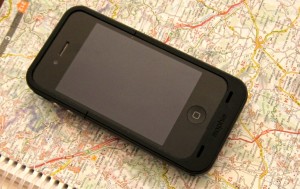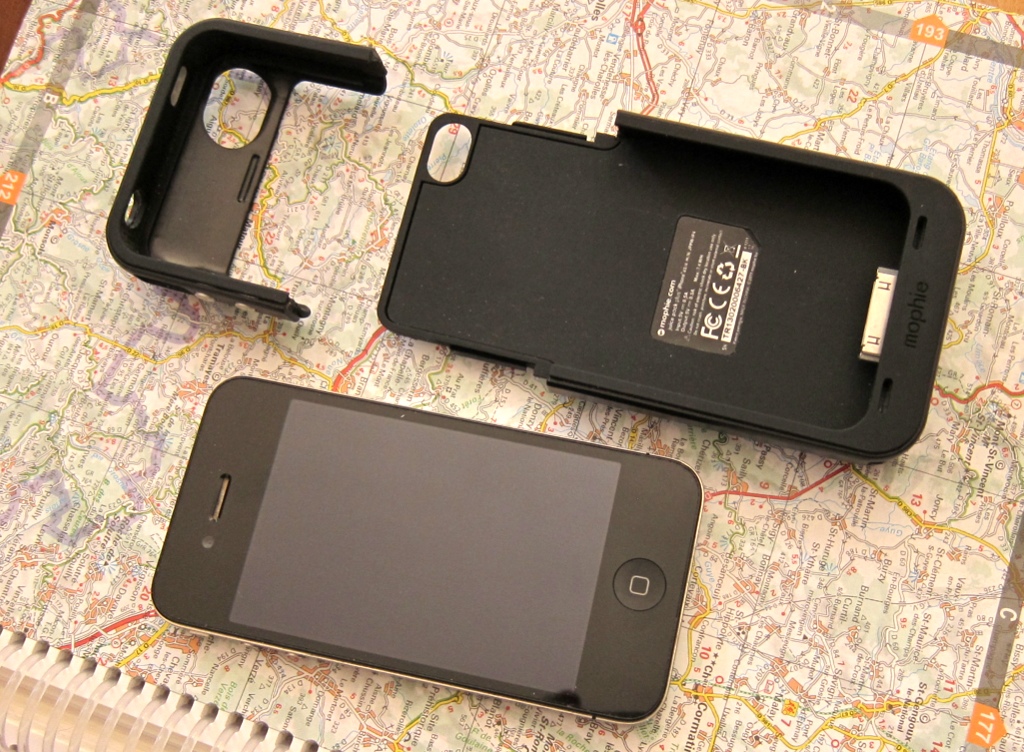The big question, it seems to me, is whether comprehensive surveillance of the kind we now know the NSA and its sister agencies conduct, is compatible with democracy in any meaningful sense. This is one post in that ongoing thread.
The NSA’s Mission statement says:
The National Security Agency/Central Security Service (NSA/CSS) leads the U.S. Government in cryptology that encompasses both Signals Intelligence (SIGINT) and Information Assurance (IA) products and services, and enables Computer Network Operations (CNO) in order to gain a decision advantage for the Nation and our allies under all circumstances.
Note the phrase “a decision advantage for the Nation and our allies under all circumstances“. [Emphasis added.]
When the NSA was set up by Harry Truman on October 24, 1952, the mission involved monitoring all the electronic communications technologies of the time — radio, television, telex, telephone, telegraph. When the ARPAnet arrived in 1968, cellular telephony in 1973 and the Internet in 1983 it was logical to include monitoring of these systems within the NSA’s remit.
But, guess what? Exponential growth is more or less baked into the Internet because of its architecture. So it grows like crazy, and so — therefore — does the NSA’s remit. But surveilling the Net isn’t the same as doing the old wiretapping stuff with telephones. You can’t just dip into the firehose to pick out the stuff you’re interested in: you need the whole firehose. Or, to use another metaphor: if you’re looking for needles in a haystack, you need the entire haystack.
Which the NSA has been collecting. Which in turn means that mission creep is effectively built into the NSA’s remit. For if the Agency is conscientiously to fulfil its mission, then it too has to grow continuously, in line with the growth of the Internet. Of course Moore’s Law helps a bit, but only a bit: the incessant expansion of the Net — 2+ billion users today, the next five billion in the next decade or so — means that the NSA will always be running just to keep up. And that’s not taking into account the surges that will come from the “Internet of things”.
So if nothing changes, the NSA will continue to grow.
What forces might constrain this growth?
One is politics. Could it happen that lawmakers, driven perhaps by public revulsion at comprehensive surveillance, might decide to curtail the Agency financially. Its budgets might be frozen, or even cut.
Dream on. Post-9/11 hysteria and the ‘war on terror’ mean that instead of rational budgetary considerations coming into play, with the NSA having to tighten its belt just as other public agencies do in times of financial stringency, exactly the opposite happens: the NSA continues to get whatever public resources it claims to need — currently $10.8B. And I haven’t even mentioned the pressures coming from the powerful — and vast — military-industrial-information complex which is parasitic upon the US government (one of which parasites, ironically, employed Edward Snowden as a sysadmin.)
The obvious conclusion therefore, is that unless some constraints on its growth materialise, the NSA will continue to expand. It currently has 35,000 employees. How many will it have in ten years’ time? Who can say: 50,000, maybe? Maybe even more? So we’re confronted with the likelihood of the growth of a bureaucratic monster.
How will such a body be subjected to democratic oversight and control? Let me rephrase that: can such a monster be subjected to democratic control?
Optimists might answer ‘yes’ and point to the FBI as an example of a security apparatus which is under fairly tight legal control.
On the other hand, those with long memories recall the fear and loathing that J. Edgar Hoover, the founder — and long-term (48 years) Director — of the FBI aroused in important segments of the American polity. The relatively restrained Wikipedia entry for him claims that even US presidents feared him and quotes Harry Truman as saying that “Hoover transformed the FBI into his private secret police force”. “We want no Gestapo or secret police”, Truman is reported as saying. “FBI is tending in that direction. They are dabbling in sex-life scandals and plain blackmail. J. Edgar Hoover would give his right eye to take over, and all congressmen and senators are afraid of him.”
Hoover’s power was based on a combination of astute PR, sycophantic or intimidated mass media, his absolute control of an army of agents, and the databases they could compile using the relatively crude tools of the time. He assiduously collected information about the private lives of politicians, public figures and journalists and used it to secure their approval or silence. When the journalist Ray Tucker hinted at Hoover’s homosexuality in an article for Collier’s Magazine, he was investigated by the FBI and information about his private life was leaked to the media. When this became known, other hacks were frightened off, with the result that his sexual activities were never disclosed to the American public during his lifetime — despite the fact that he effectively blackmailed public figures who were themselves homosexual. Under him, the FBI investigated many Americans –like Martin Luther King — who held what Hoover regarded as dangerous political views; the Bureau also investigated protestors against the Vietnam war and other political dissidents.
The idea that the FBI, under Hoover, was subjected to tight democratic oversight is, well, fanciful. That doesn’t mean that the Bureau didn’t also do excellent law-enforcement work during Hoover’s tenure — just that, even in those technologically-limited circumstances, the level of democratic oversight was patchy.
Now spool forward a decade or so and imagine a Director of the NSA, a charismatic ‘securocrat’ imbued with a mission to protect the United States from terrorists and whatever other threats happen to be current at the time. He (or she) has 50,000+ operatives who have access to every email, clickstream log, text message, phone call and social-networking post that every legislator has ever made. S/he is a keystroke away from summoning up cellphone location logs showing every trip a lawmaker has made, from teenager-hood onwards, every credit- and debit-card payment. Everything.
And then tell me that lawmakers will not be as scared of that person as their predecessors were of Hoover.



